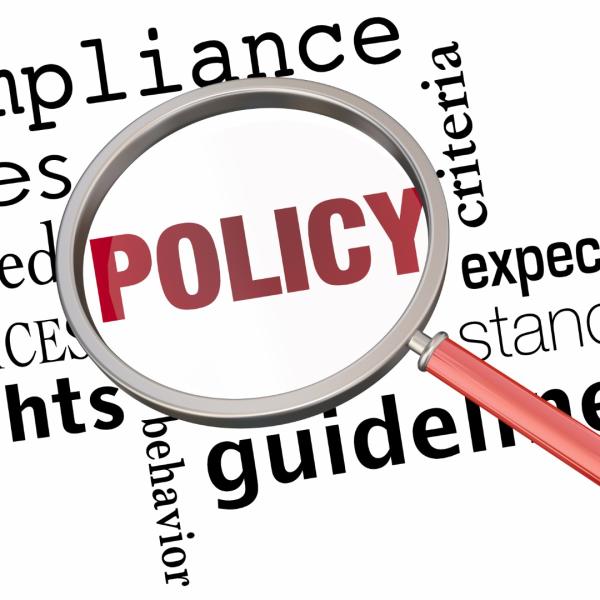Liz Hamel is Vice President and Director of Public Opinion and Survey Research at the Kaiser Family Foundation (KFF), where she directs KFF’s polling work including the monthly Health Tracking Poll and ongoing survey partnerships with news media organizations such as The Washington Post.
Why public opinion surveys are important for understanding health policy
If you care about health policy, you may be wondering why you should pay attention to what the public thinks or what they have to say in surveys. After all, in a country like the United States, isn’t health care shaped by powerful interests like health insurance and pharmaceutical companies, hospitals, lobbyists, and politicians, rather than the people served by the health care system?
There are a number of reasons why public opinion – and the surveys that help us measure it – are important for understanding health care policy. Most directly, people vote. Their views and preferences help determine how they vote, and that in turn determines who holds positions of power when it comes to setting health care policy. Individuals also make choices when it comes to how and when they use health care services, so understanding those preferences can also provide insight into health care utilization and access.
Public opinion can also influence health policy choices by setting constraints on lawmakers. Health care is a highly salient issue that touches the lives of pretty much everyone at some point. For such issues, surveys can help identify what the public views as dealbreakers or unacceptable actions, setting boundaries on policymakers for the types of choices they can make without facing repercussions from the public.
Another way public opinion surveys can help those interested in health policy is by shedding light on the environment you’re operating in. Surveys can help identify how people feel about the issue you are interested in (Do they feel optimistic, pessimistic, indifferent?) as well as how salient your issue is for people (Do they care about the issue? How much?). Surveys can also help you gauge how much people have heard about a given topic and whether there are gaps in the public’s understanding of an issue or policy.
Beyond measuring opinion, surveys can also help you understand how policies are affecting real people, how they are experiencing policy changes, and what else is happening in their lives that might shape their views and reactions. Surveys are especially helpful for measuring disparities in how people from different backgrounds (racial, ethnic, economic, cultural, etc.) experience the health care system.
A big caveat to the importance of public opinion for understanding health care policy is that public opinion tells you where the public stands on a given issue, but not necessarily what the right policy option is. Often surveys point out where there are gaps in the public’s knowledge, and where leadership is necessary to help explain policy choices to the public. This is especially true in an area like health care policy, where choices are often complicated and the public lacks a nuanced understanding of how policies work together.
